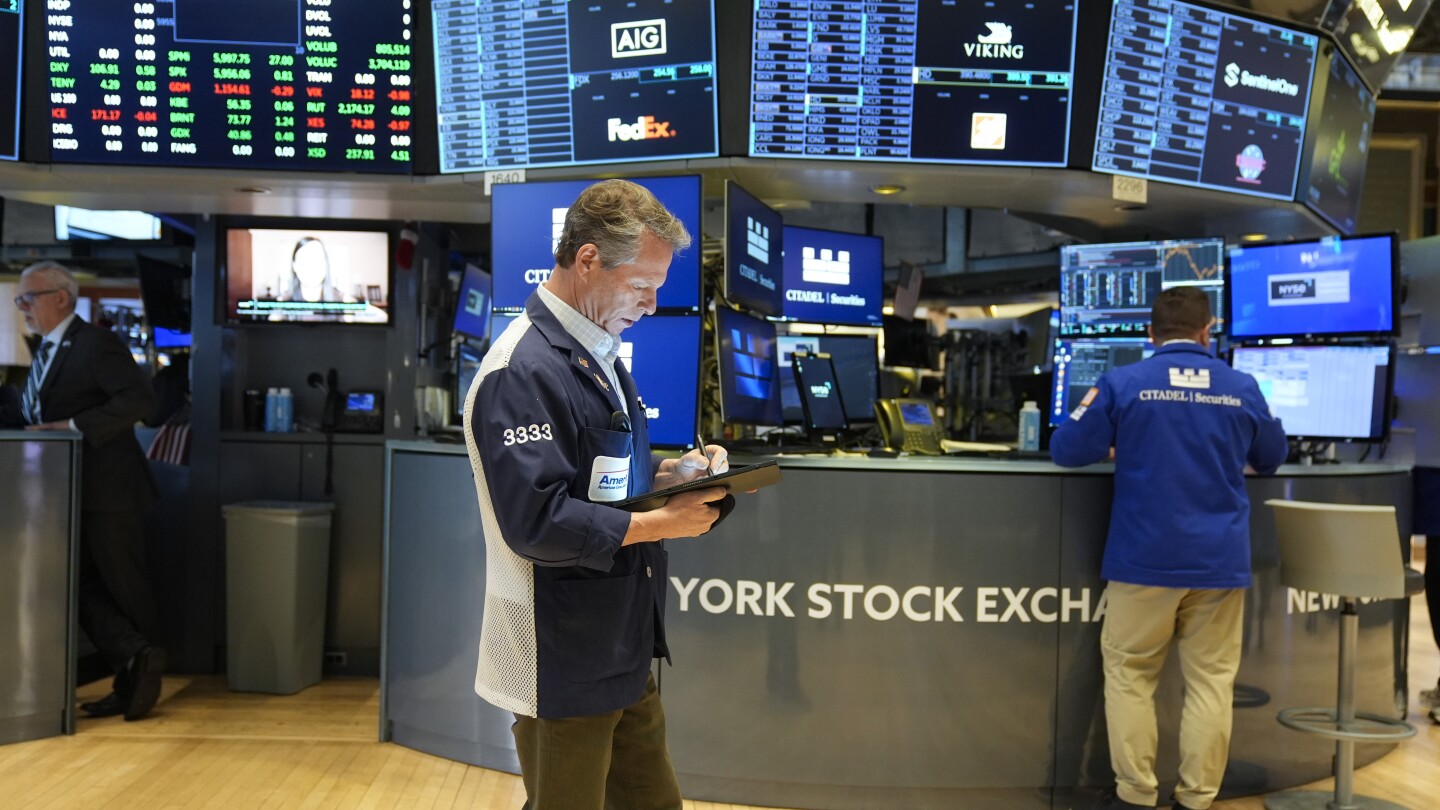Wall Street showed resilience as markets opened on Monday, rebounding from a challenging period that saw the S&P 500 decline in five of the previous six sessions due to concerns over President Donald Trump’s tariff policies. Futures for the S&P 500 climbed 0.5% before the opening bell, while Dow Jones Industrial Average futures gained 0.4%. The Nasdaq, heavily weighted with technology stocks, advanced 0.7%.
Trump’s tariffs on Canada and Mexico are set to take effect on Tuesday, alongside the doubling of the universal tariff on Chinese imports from 10% to 20%. These measures have already unsettled the global economy, fueling consumer fears of rising inflation. Investors have also been rattled, causing the S&P 500 to retreat from its record highs, although it did recover somewhat on Friday.
Chinese manufacturers reported increased orders in February as importers rushed to avoid higher U.S. tariffs. Additionally, Chinese state media indicated that Beijing is considering retaliatory measures. Trump had initially imposed a 10% tariff on Chinese imports, which will rise to 20% starting Tuesday. He also closed the “de minimis” loophole, which previously exempted imports worth less than $800 from tariffs.
In early trading, Intel surged 5%, likely driven by reports that competitors Nvidia and Broadcom are satisfied with recent manufacturing tests involving Intel. Broadcom and Intel are reportedly considering long-term manufacturing contracts that could significantly boost Intel’s revenue. Intel, once a leader in the semiconductor industry, announced on Friday a delay in the expected opening of its semiconductor project in central Ohio.
Capri Holdings, the owner of several fashion brands, rose 7.4% in premarket trading amid reports of nearing a deal to sell its Versace business to Prada for $1.6 billion. Meanwhile, Kroger’s shares fell 1.3% following news that its Chairman and CEO Rodney McMullen resigned after an internal investigation into his personal conduct.
In Asia, shares of Chinese bubble tea chain Mixue Bingcheng soared 43% in Hong Kong after its $444 million IPO. The offering reportedly set a local subscription record, exceeding 1 trillion Hong Kong dollars ($128 billion). The company claims to be the world’s largest food retail chain, boasting over 45,000 outlets.
Hong Kong’s Hang Seng index rose 0.3% to 23,006.27. The Shanghai Composite index edged down 0.1% to 3,316.93, despite positive Chinese factory data, as higher tariffs on U.S. imports of Chinese goods are set to take effect on Tuesday. In Tokyo, the Nikkei 225 advanced 1.7% to 37,785.47. South Korean markets were closed for a holiday, while Australia’s S&P/ASX 200 gained 0.9% to 8,245.70. Taiwan’s Taiex fell 1.3%, and Bangkok’s SET index dropped 1.3%.
European markets surged after a report showed inflation easing to an annual 2.4% in February, bolstering expectations for another interest rate cut by the European Central Bank. At midday, Germany’s DAX added 2.4%, the CAC 40 in Paris climbed 1.4%, and Britain’s FTSE 100 gained 0.9%.
Bitcoin prices rose after Trump announced on Truth Social that his administration was moving forward with a cryptocurrency strategic reserve. Bitcoin traded at nearly $93,000 early Monday, up from around $84,000 on Friday. — news from The Associated Press
